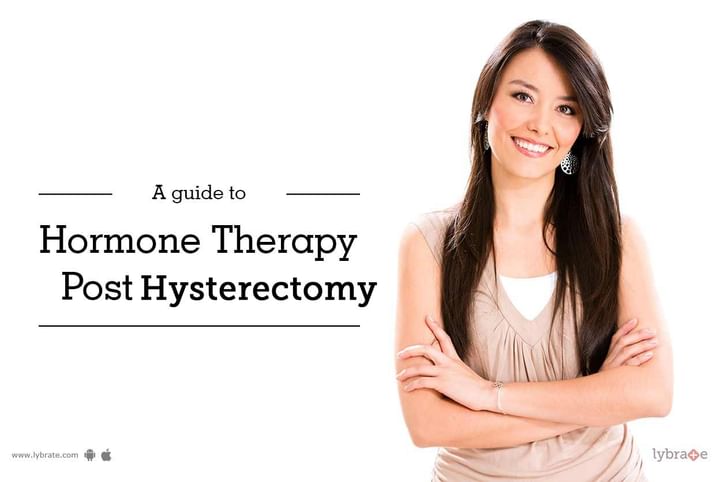A Guide To Hormone Therapy Post Hysterectomy
A hysterectomy is the removal of the uterus and is often accompanied by the removal of the ovaries. In such cases, women are said to experience surgical menopause. This is because the ovaries are the main producers of estrogen. Surgical menopause is usually more severe than natural menopause as there is a sudden drop in estrogen levels. Estrogen is responsible for a number of functions that affect the brain, bones, skin, heart and blood vessels.
Hormone therapy is often advised to counteract this loss of estrogen.
There are two main types of Hormonetherapy:
- Hormone therapy with estrogen and progestin
- Hormone therapy with only estrogen
The former is advisable for women suffering from surgical menopause. Like any other form of treatment, it has its pros and cons.
Pros
- It protects young women from diseases associated with menopause: A hysterectomy is usually performed on women under the age of 50. In such cases, Hormone replacement therapy can protect the women from heart diseases. Removing ovaries before menopause can also increase the risk of Parkinson's disease and dementia.Hormone replacement therapy can help negate these risks.
- Reverse menopausal symptoms: Menopause is associated with a number of symptoms such as vaginal dryness, hot flashes and insomnia. Hormone replacement therapy can help treat these symptoms and give you a better quality of life.
- Other health benefits: Hormone replacement therapy can also help fight osteoporosis and strengthen bones. It is also known to reduce the risk of colorectal cancer.
Cons
- Side effects: Hormone replacement therapy interferes with the natural Hormone production. Thus, it can cause a number of problems such as premenstrual syndrome, swollen breasts, headaches and nausea.
- Increased risk of health issues: Though the odds are low, Hormone replacement therapy can increase your risk of having a stroke or heart attack. It has also been suggestively linked to breast cancer and ovarian cancer.
Thus, the choice of whether to have or not to have Hormone replacement therapy after surgical menopause is not easy to make. You must consider factors such as your age, lifestyle, family medical history and habits while making this decision. Do not rush into a decision and take your time. Talk to your doctor about the amount of medication needed and the delivery method most suited to you. Hormone replacement therapy can be taken in the form of pills, a patch, gel, vaginal cream or a slow releasing suppository. This should also be accompanied by a healthy lifestyle that includes a healthy diet and plenty of exercise.



+1.svg)
